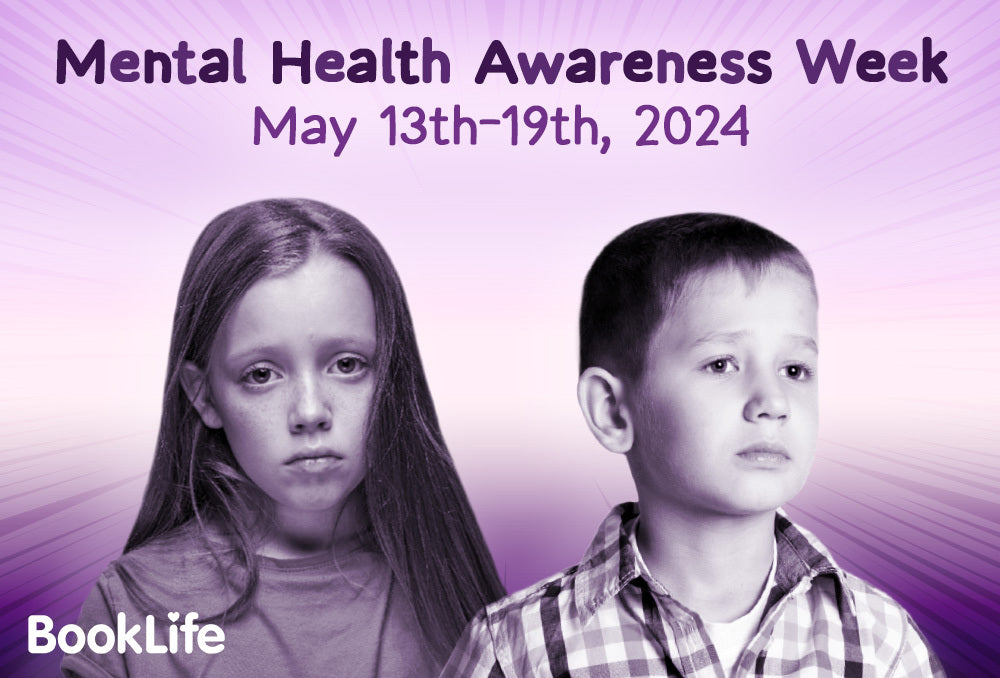It's common for all of us to experience moments of low mood, but for some, these feelings can be part of a larger mental health issue. Mental health affects everyone uniquely and can have a profound impact if left unaddressed. Shockingly, according to research by the NHS in 2023, 1 in 5 children and young people in England are affected by a probable mental health disorder, marking an increase since surveys began in 2017. This alarming trend highlights the urgent need for action, as poor mental well-being can significantly impact a child's education. In a survey conducted by the mental health charity Mind in 2021 discovered that nearly all participants stated that their mental health had affected their schoolwork and 4 in 5 found that school made their mental health worse.
How can you Promote Better Mental Health in your Classroom
- Promote Positive Relationships
Facilitate activities that encourage teamwork, collaboration, and empathy among pupils. Building strong relationships among your pupils can provide a support system and reduce feelings of isolation.
2. Encourage Mindfulness
Introducing simple mindfulness exercises like deep breathing, guided meditation or short meditation sessions can help students calm their minds and focus better.
3. Positive Affirmations
Encouraging positive self-talk among your pupils can help develop an improved mental resilience and mindset. This also encourages pupils to speak nicer among each other and can help prevent bullying.
4. Physical Activity
Physical activity during PE or breaks is an excellent for pupils to release some energy and improve their mood. If you spot a pupil not participating during PE or doing nothing during breaks you could encourage them to be more active with other pupils.
5. Create a Safe Environment
Foster a classroom environment where students feel safe to express themselves without fear of judgment. Encourage open communication and actively listen to students' concerns.
6. Teach Coping Skills
Provide students with coping skills and problem-solving strategies to deal with stressors and challenges they may encounter. This could include teaching relaxation techniques or cognitive reframing exercises.
7. Encourage Creativity
Incorporate creative outlets such as art, music, or storytelling into the curriculum. Engaging in creative activities can act as a form of self-expression and promote emotional well-being.
8. Promote Healthy Habits
Educate students about the importance of maintaining a healthy lifestyle, including proper nutrition, adequate sleep, and regular exercise. Encourage healthy habits through classroom discussions and activities.
9. Provide Support Materials
Offer access to mental health resources such as counsellors, support groups, or informational materials. Ensure that students know where to seek help if they are struggling. We offer a range of free mental health classroom resources. Check them out here.
10. Be a Role Model
Don’t forget the important role you play in the lives of your pupils. Some pupils may feel they have no one to turn to in crisis, so be being approachable, empathetic and open you can help your pupils before their wellbeing escalates.



